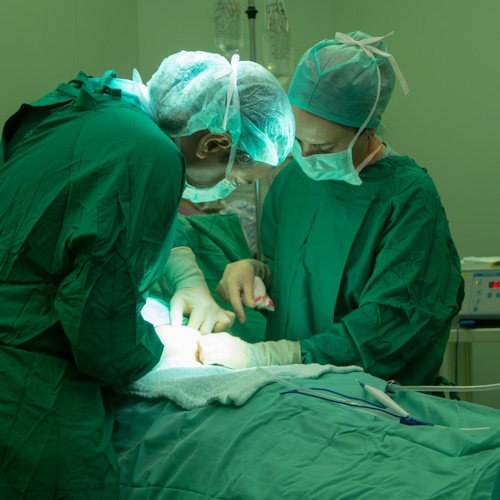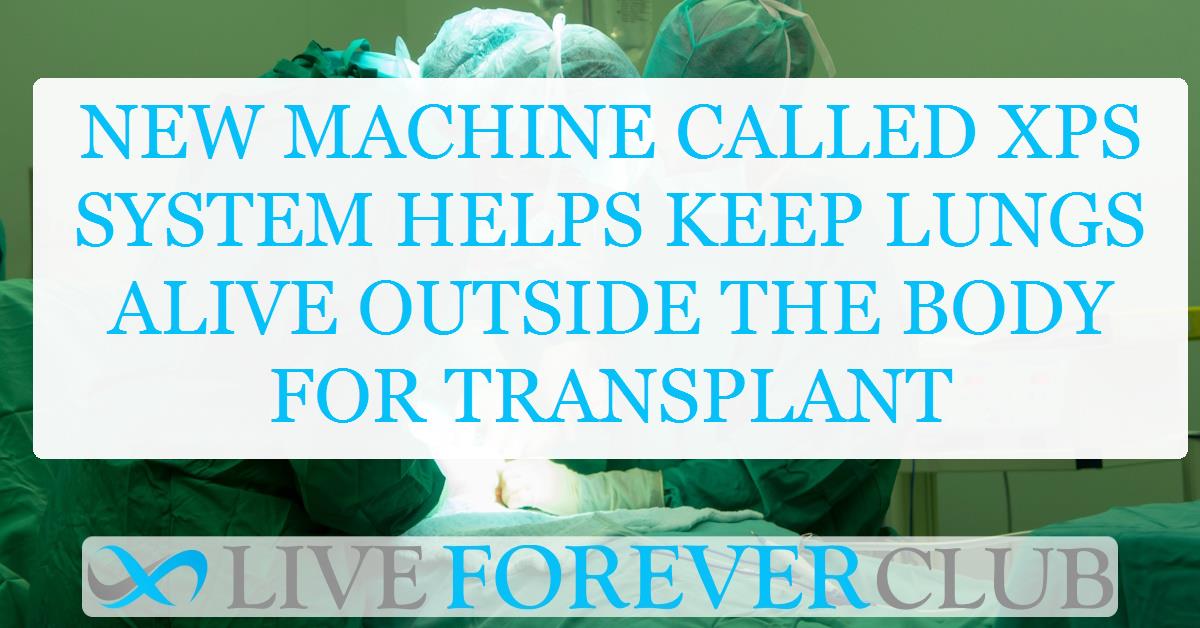Key points from article :
Researchers at Royal Papworth Hospital in Cambridgeshire have developed a machine, called the XPS system, to keep lungs alive outside the body, which could increase lung transplants by 30%. The machine uses a process called ex vivo lung perfusion (EVLP), which involves ventilating the lungs and pumping a nutrient-rich liquid through them, improving their condition for transplantation. The first successful double lung transplant using the machine was done on Daniel Evans-Smith, a 49-year-old event manager, who was immensely grateful for the transplant. The machine helps recondition donated lungs that are otherwise considered unsuitable due to inflammation or poor health, and keeps them at body temperature for up to six hours.
This technology is especially important since 81% of lungs are typically rejected due to poor quality, and many potential recipients wait months for a suitable transplant. The pilot program, funded by NHS England and the Royal Papworth charity, aims to use borderline organs instead of discarding them, improving the chances of transplant success. The system allows surgeons to assess the lungs outside the body, ensuring they are healthy enough for transplantation. Prof Derek Manas from NHS Blood and Transplant said the technology could address the ongoing shortage of donated lungs in the UK.
Evans-Smith had been waiting for a transplant for eight weeks, significantly shorter than the average 18-month wait in the UK. He had been suffering from chronic obstructive pulmonary disease (COPD), a condition that severely affected his breathing. After the transplant, Evans-Smith made a remarkable recovery and now enjoys activities that were once difficult for him. He hopes to raise funds for the team that saved his life, expressing his gratitude for the opportunity to live a healthier life.
The pilot program's success has led surgeons like Marius Berman, surgical lead at Royal Papworth, to hope for continued funding, as it has already proven to be life-saving. Other technologies exist for lung preservation, but the simplicity and cost-effectiveness of the XPS system make it an appealing option for expanding lung transplant opportunities. The machine's success is particularly notable as 30% of people on the lung transplant list die waiting for a donor. Evans-Smith's case highlights how this technology could save lives for many others in need.
Royal Papworth Hospital, known for performing the most lung transplants in the UK, has already completed 41 transplants in the past year. The hospital's success in using the XPS machine outside clinical trials marks a significant milestone in organ transplantation. The development of such systems could eventually revolutionize the way lungs are handled and saved for transplantation, making it possible for more people to receive life-saving transplants.
The results of this one-year pilot are promising, and if the technology continues to show positive results, it could become more widely available, potentially saving more lives in the future.






